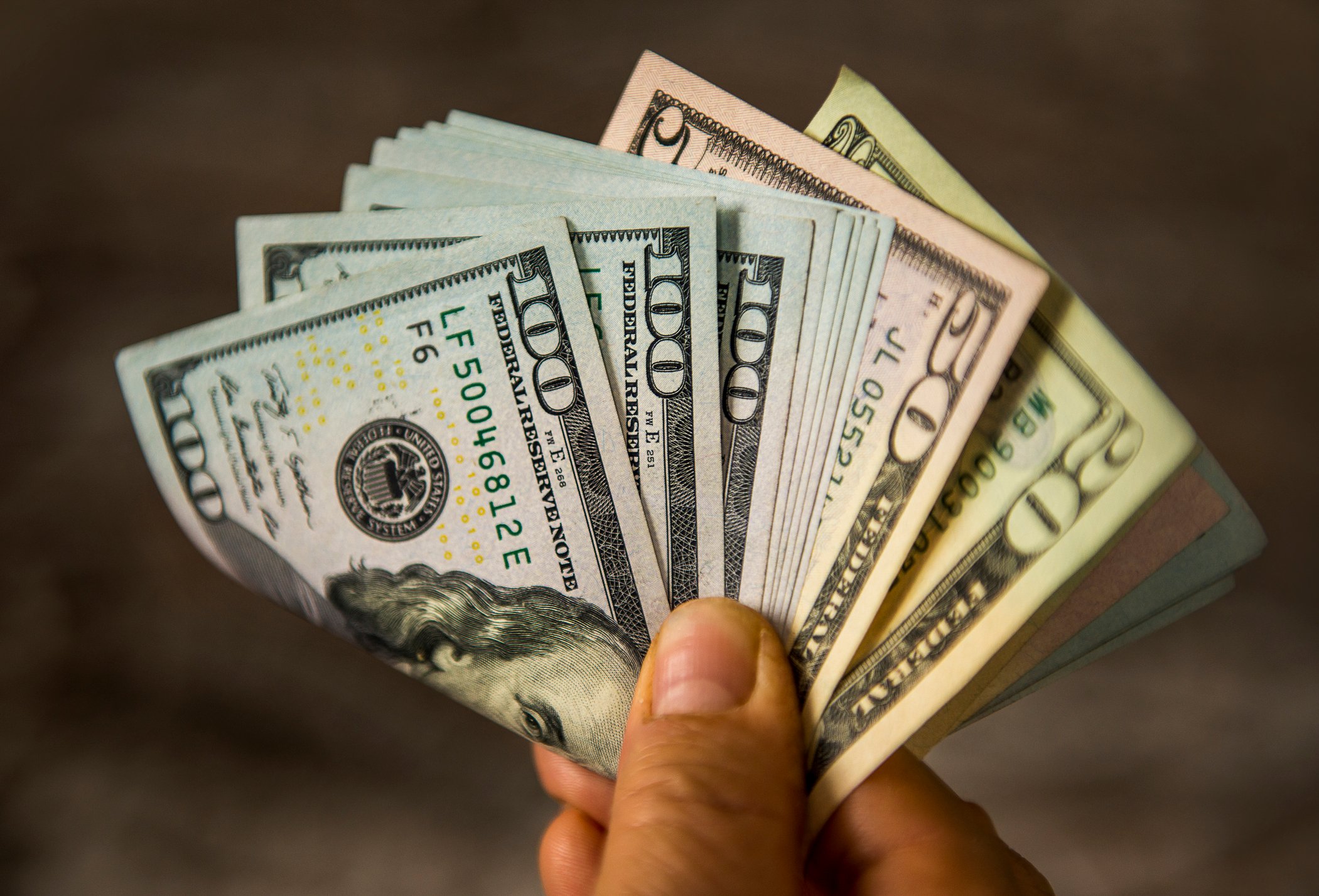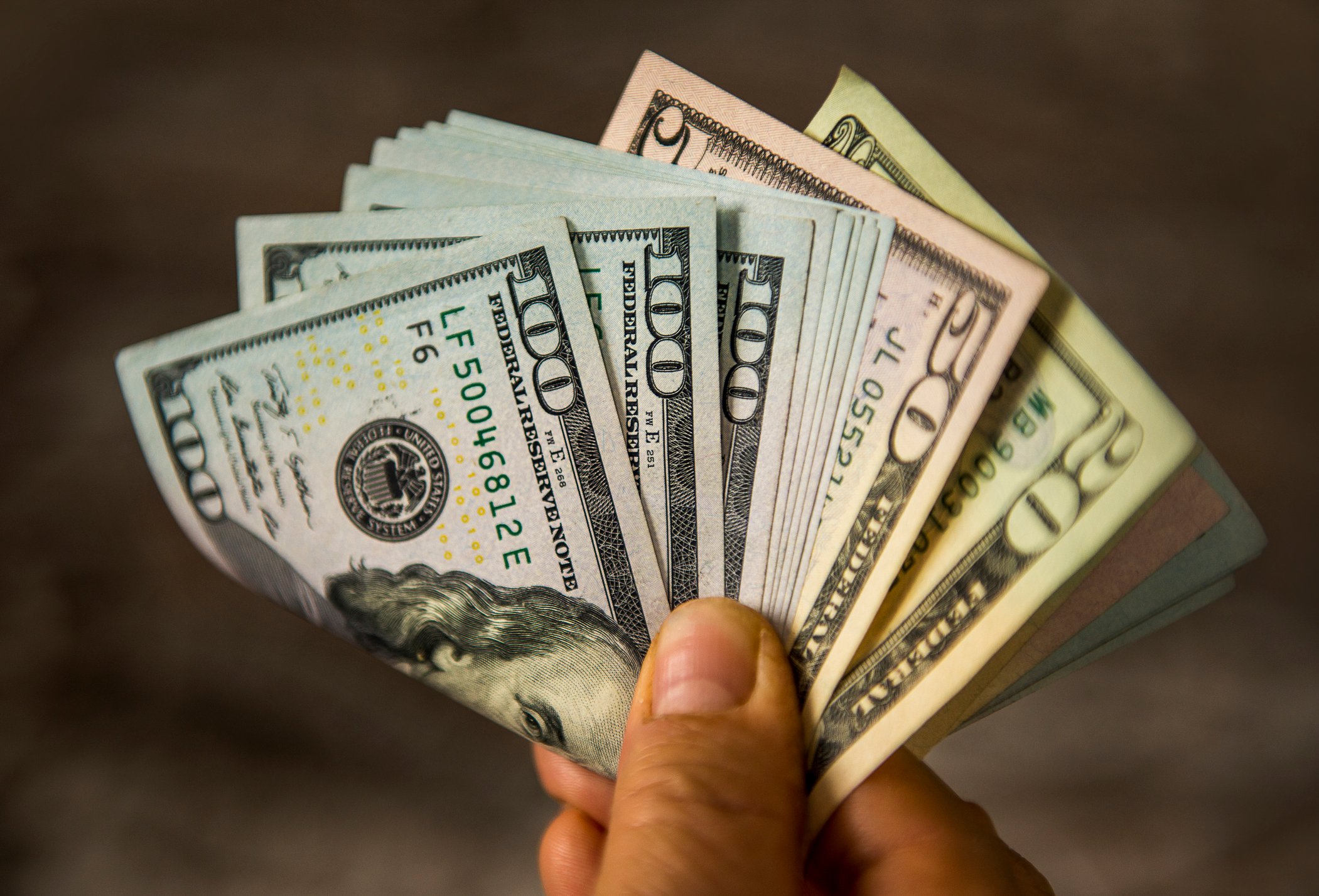With thousands of publicly traded companies and exchange-traded funds (ETFs) to choose from, there are a lot of ways to grow your wealth on Wall Street. Though there isn't a one-size-fits-all blueprint, buying and holding high-quality dividend stocks has often been a strategy that leads to significant wealth creation.
Companies that pay a regular dividend to their shareholders typically have a few things in common:
- They're almost always profitable on a recurring basis.
- They're usually time-tested and have demonstrated their ability to navigate an economic downturn.
- They're capable of providing transparent long-term growth outlooks.
But if there's one characteristic about dividend stocks that investors absolutely love, it's their long-term outperformance.

Image source: Getty Images.
In The Power of Dividends: Past, Present, and Future, the analysts at Hartford Funds, in collaboration with Ned Davis Research, compared the performance of dividend stocks to non-payers over a 51-year period (1973-2024). What they found was a massive outperformance, with the income stocks delivering an annualized return of 9.2% versus a modest annualized return of just 4.31% for the non-payers.
Right now, what's arguably Wall Street's greatest dividend stock is trading at its biggest discount in more than a decade -- and chances are good that you've never heard of this company before. Say hello to York Water (YORW 0.69%).
Separating the dividend payers from truly special income stocks
Based on data from stock and ETF screeners, there are thousands of securities that potentially offer their shareholders a monthly, quarterly, semi-annual, or annual dividend. This includes roughly 80% of the 500 companies that comprise the benchmark S&P 500. But among this haystack are a few needles that truly stand out on Wall Street.
For example, there are currently more than 50 public companies that qualify as Dividend Kings. These are businesses that have increased their base annual payout for at least 50 consecutive years.

NYSE: KO
Key Data Points
Some brand-name examples include Procter & Gamble (PG 0.50%) and Coca-Cola (KO 0.23%), which have respectively increased their dividends for 68 straight years and 63 consecutive years. Dividend Kings commonly provide basic need goods and services, such as consumer health products in the case of P&G and beverages for Coca-Cola.
But there's another even rarer crop of dividend payers. Just over one dozen publicly traded companies have continuously paid a dividend for 100 or more years. The aforementioned Procter & Gamble and Coca-Cola happen to be two of these businesses, with 2025 representing P&G's 135th consecutive year of payouts to its shareholders and Coca-Cola logging its 105th straight year.
Contained within this extremely elite list of dividend payers is under-the-radar water utility York Water, which services just four counties and 57 municipalities as a water and wastewater provider in South-Central Pennsylvania. York has been paying a continuous dividend since James Madison, America's fourth president, was in the White House. York's 209-year streak (since 1816) of doling out dividends to its investors is a clean 60 years longer than Stanley Black & Decker, which has the second-longest streak of continuous payouts of any public company.
York Water may not be a familiar name to more than 99% of investors, but it's undeniably special within the dividend arena.

Image source: Getty Images.
York Water stock hasn't been this cheap in well over a decade
Though providing water and wastewater services to more than 212,000 people isn't as exciting as the rise of artificial intelligence (AI), York Water nevertheless brings its own unique competitive advantages to the table.
To start with the obvious, if you own or rent a home, you'll need water and wastewater services. Since most utilities operate as monopolies or duopolies in the areas they service, there's virtually no concern about other companies siphoning away their customers. The remarkably high costs of getting water and wastewater infrastructure into place leads to steady and predictable operating cash flow for York year after year.
To build on this point, York Water is also a regulated water utility. This is a fancy way of saying that it can't pass along rate hikes to its customers without the go-ahead from the Pennsylvania Public Utility Commission (PPUC). While this might sound like a nuisance, it's actually fantastic news. Regulated utilities avoid the unpredictability that can come with wholesale markets, which further adds to the steadiness of its sales and cash flow.

NASDAQ: YORW
Key Data Points
In late May, York Water filed an application with the PPUC for a rate increase, with the premise being that it's spent $145 million on various infrastructure investments since its last approved rate hike in 2022. If approved, the company's annual sales would climb by more than $24 million, representing an approximate 32% increase.
In addition to relying on the occasional rate increase to grow its revenue, York's management team hasn't shied away from making bolt-on acquisitions. With the company's cash flow highly predictable, management can confidently expand its reach without adversely impacting profitability.
Best of all, York Water stock hasn't been this cheap since the early 2010s. It's valued at approximately 1.9 times book value, which is its lowest premium to book since the summer of 2010. What's more, the $1.58 per share analysts expect the company to earn in 2026 places its forward price-to-earnings (P/E) ratio at 19.4. It's been at least 10 years since York Water sported a forward P/E ratio below 20.
Wall Street's greatest dividend stock is on sale -- but are investors paying attention?







